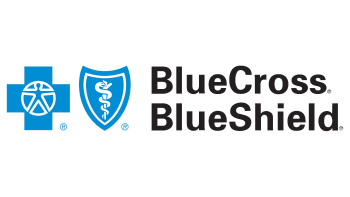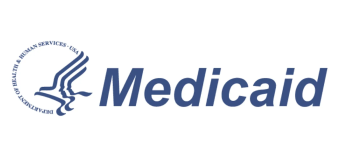FAQs
We treat a wide range of conditions, including colon and rectal cancers, diverticulitis, hemorrhoids, anal fissures, anal fistulas, and more.
Yes, we specialize in minimally invasive, laparoscopic, and robotic surgical techniques to ensure faster recovery and less discomfort for our patients.
Colorectal surgeons have specialized training in treating conditions of the small bowel, colon, rectum, and anus, focusing on both abdominal and anorectal surgeries.
Yes, we offer comprehensive care for ostomates, including ostomy creation, maintenance, and education for optimal quality of life.
During your first visit, we will review your medical history, discuss your symptoms, perform a physical exam, and recommend diagnostic tests or a treatment plan tailored to your needs.
While some insurance plans require a referral, others do not. We recommend checking with your provider or contacting our office for assistance.
Preparation may include fasting, a bowel cleanse, and stopping certain medications. Our team will provide detailed instructions specific to your procedure.
Symptoms like rectal bleeding, persistent abdominal pain, changes in bowel habits, or a family history of colorectal conditions may indicate the need to consult a specialist.
Most procedures are covered by insurance, but coverage varies by provider. Our team can assist in verifying benefits and answering your questions.
Recovery time depends on the procedure and individual factors. Minimally invasive techniques often allow for a quicker return to daily activities. Your surgeon will provide personalized guidance.
A diabetic ulcer is an open sore or wound, often on the feet, caused by diabetes-related complications. We use advanced wound care techniques, including debridement, infection management, and specialized dressings, to promote healing.
Non-healing wounds are sores that don’t show significant improvement after a few weeks. If you have a wound that persists, we recommend seeking professional care to prevent complications and promote healing.
Pressure sores, or bedsores, are managed with techniques like pressure relief, wound cleaning, debridement, and advanced dressings. Our team tailors treatment to the severity of the sore to ensure effective recovery.
Surgical wound care focuses on preventing infection, managing pain, and promoting healing. We provide personalized care plans, including cleaning, dressing changes, and monitoring for complications.
Venous ulcers result from poor blood flow in the veins, while arterial ulcers are caused by restricted blood flow in the arteries. Treatments include improving circulation, advanced wound dressings, and, in some cases, surgical interventions.












